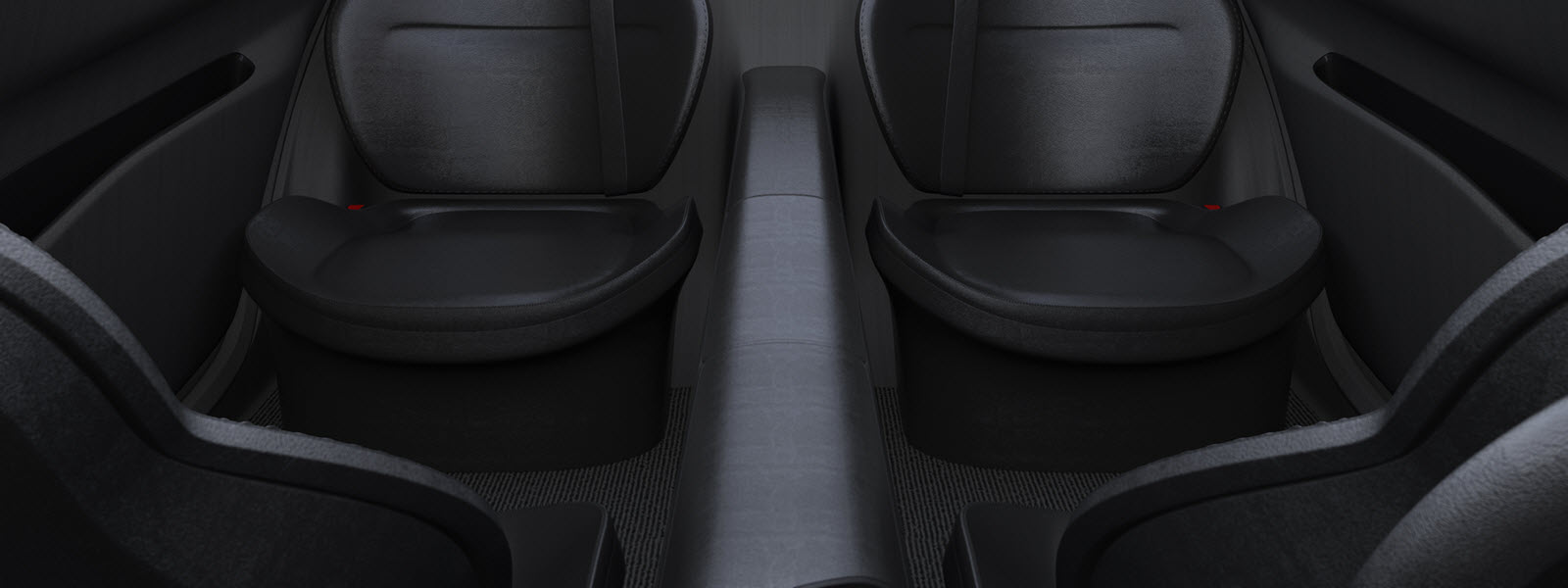While the benefits of driverless and connected cars are obvious, there are plenty of negative implications as well, many of which we can’t even predict. However, cybersecurity and data privacy are the most obvious issues. The technology that enables cars to function on their own, perform better, and enhance our driving experience comes with a host of vulnerabilities.
In a controlled experiment in the summer of 2015, hackers were able to take control of a Jeep Cherokee’s braking and steering systems. They even stopped the car on a highway. The incident caused Fiat Chrysler Automobiles to recall 1.4 million vehicles in order to install software that prevents hackers from gaining remote control of the engine, steering, and other systems. While the ability to hack a car’s systems and cause physical damage is a concern, very few hackers are interested in doing that. Instead, they’re looking for ways to make money, such as obtaining your personal data. Is it possible for hackers to get a hold of health data that was captured from your vehicle’s steering wheel and sell it?
Connected cars have the potential to breach other data privacy issues as well. Is it possible for an employer to learn your blood alcohol level at any given time? Could your employer tell whether you have a fever and ask you to not come into the office? Could insurance companies leverage your health information or driving habits to raise the cost of your policy?
The data that flows in and out of cars will increase in volume, which will have both benefits and drawbacks. As cars become more advanced and connected, we ourselves must become more vigilant about how they capture, store, and secure personal data.
Aside from privacy concerns, these technological advances could cause a ripple effect in society. Will workers in the automotive industry be displaced? Could there be an adverse effect on trucking or other transportation jobs? What will happen to the cost of taxi medallions? The good news is that while certain jobs may be lost, other jobs, such as those needed to manage the new technology, must be created – and hopefully they will be better-paying jobs. The economy always seems to find a way.
It is also important to note that the advent of driverless cars and ridesharing companies could change the way in which cities are designed. In Los Angeles County, 13 square miles are dedicated to parking lots. Moreover, in the U.S., there are a billion parking spaces for 250 million cars. Cities are currently built around manual-driven cars. If autonomous vehicles and ridesharing become the norm, the infrastructure will have to change.
In a new guide, we explore the industry’s interest in and movement toward autonomous and connected cars. You can download it here.

